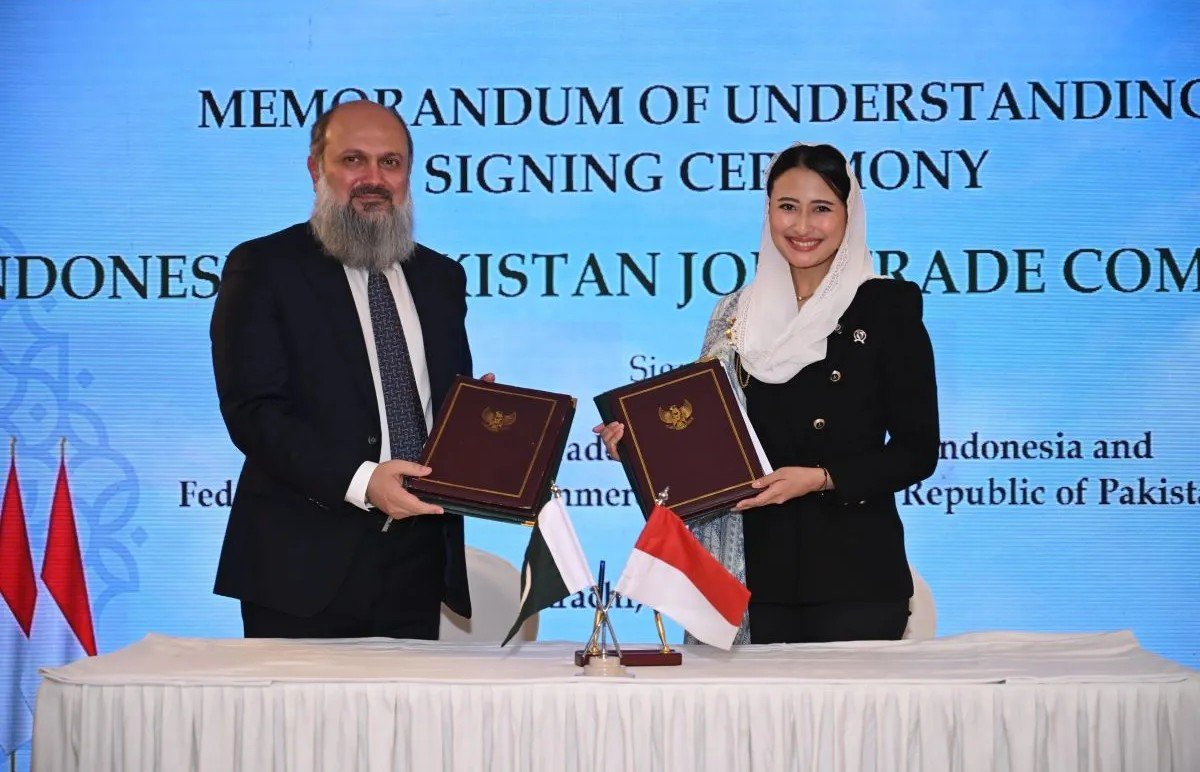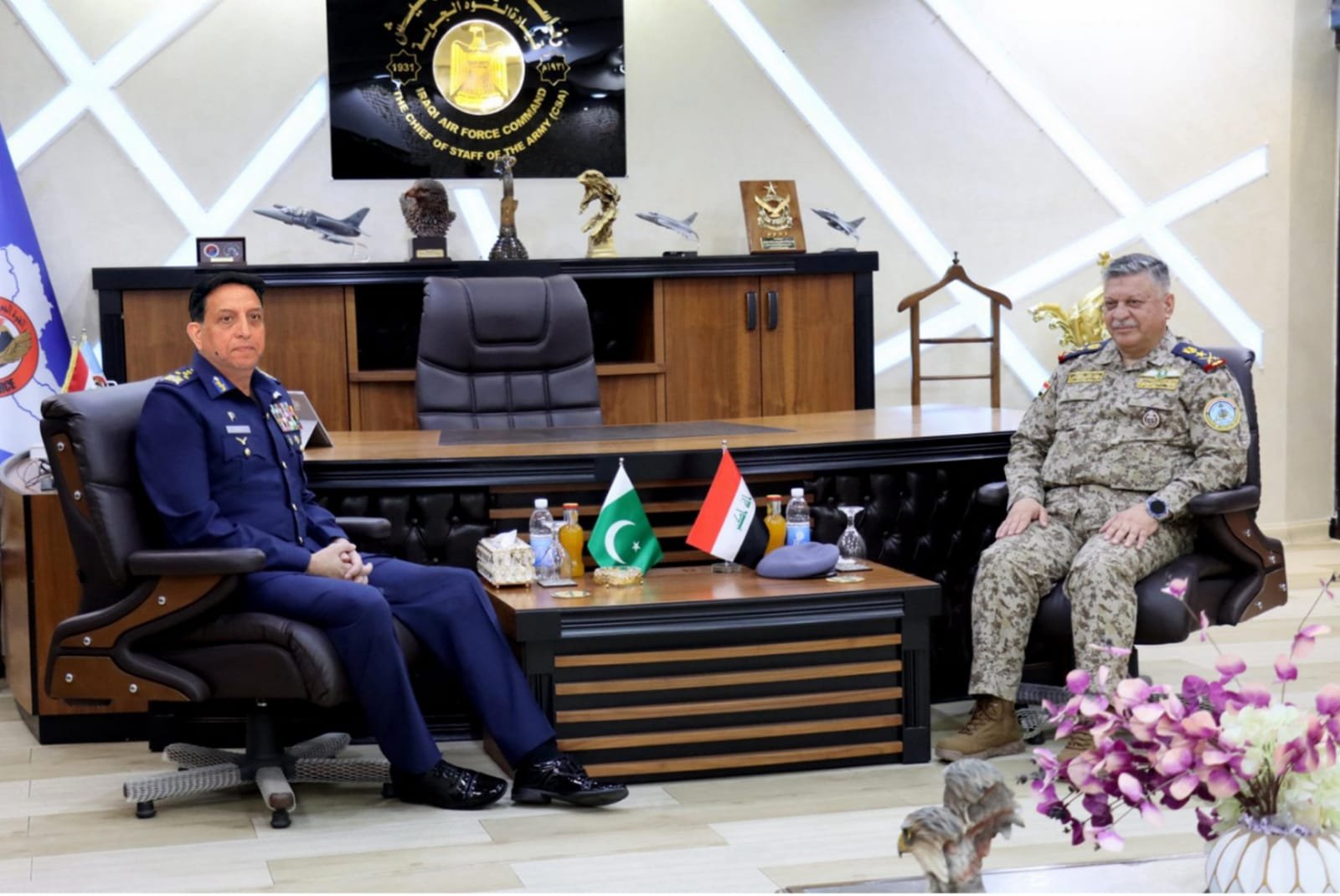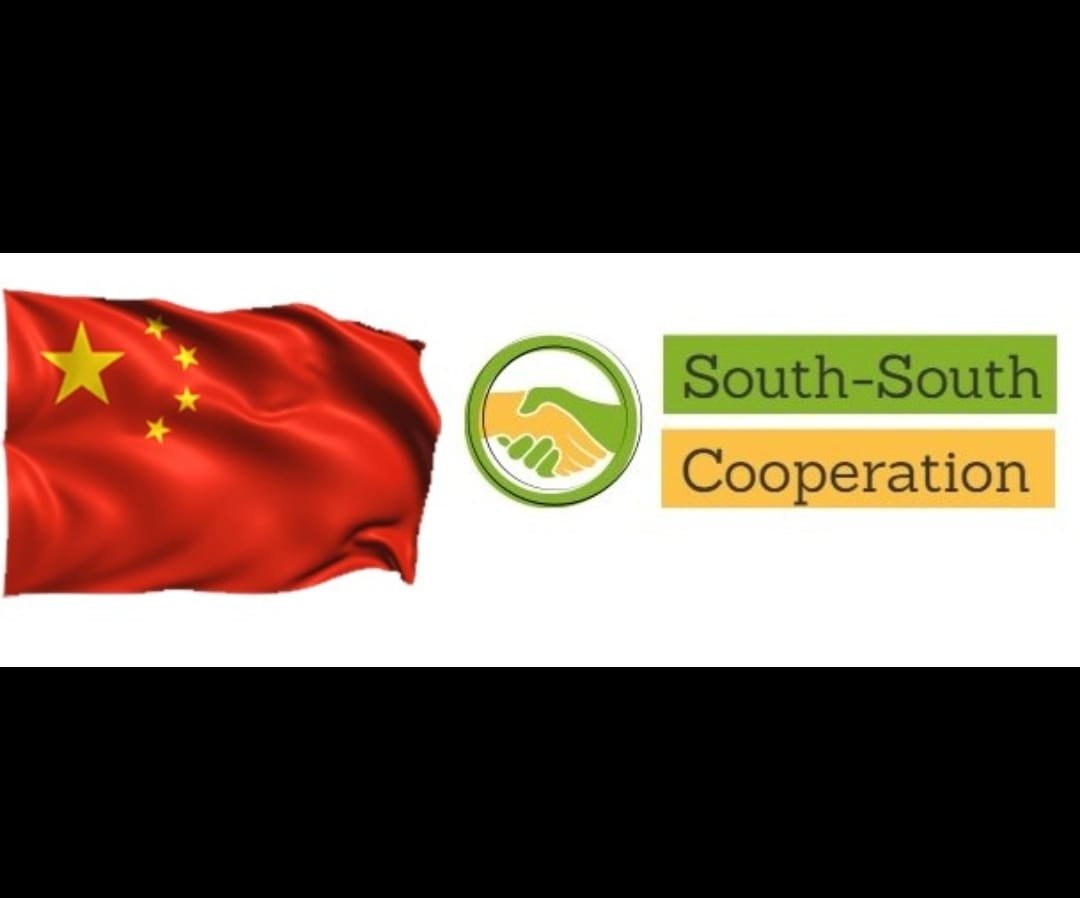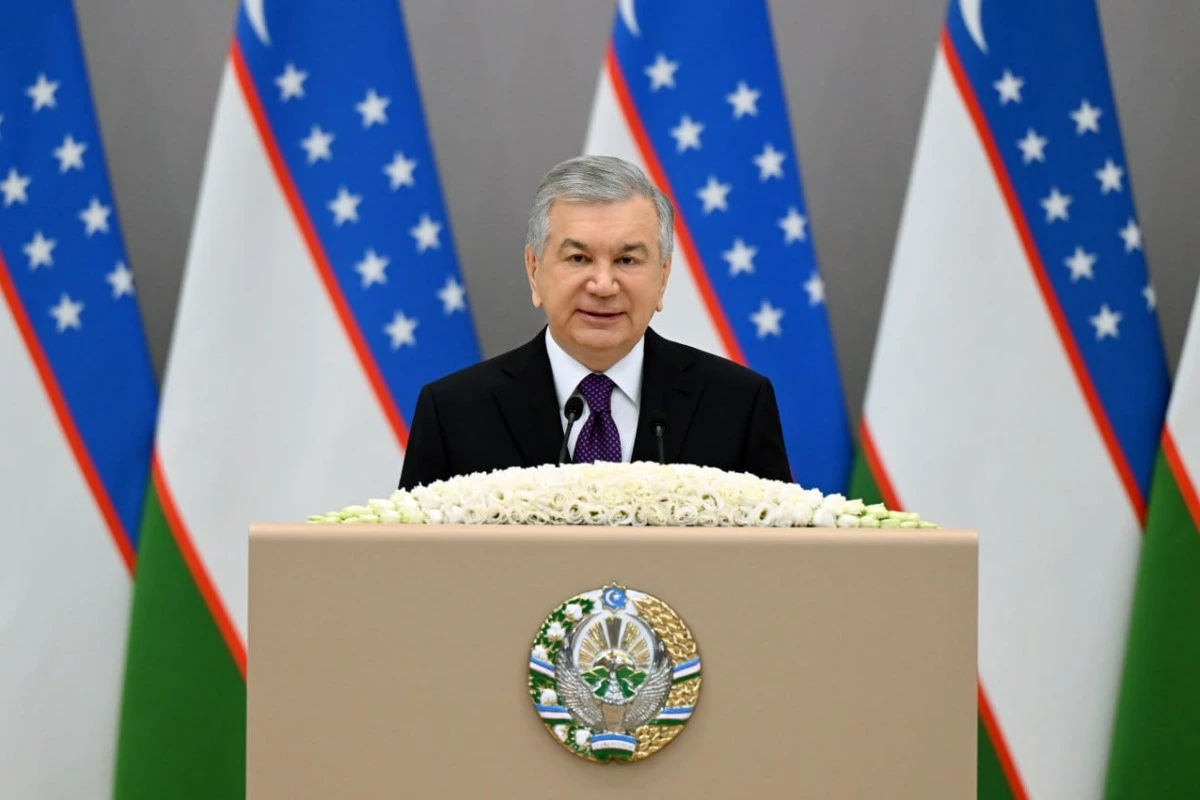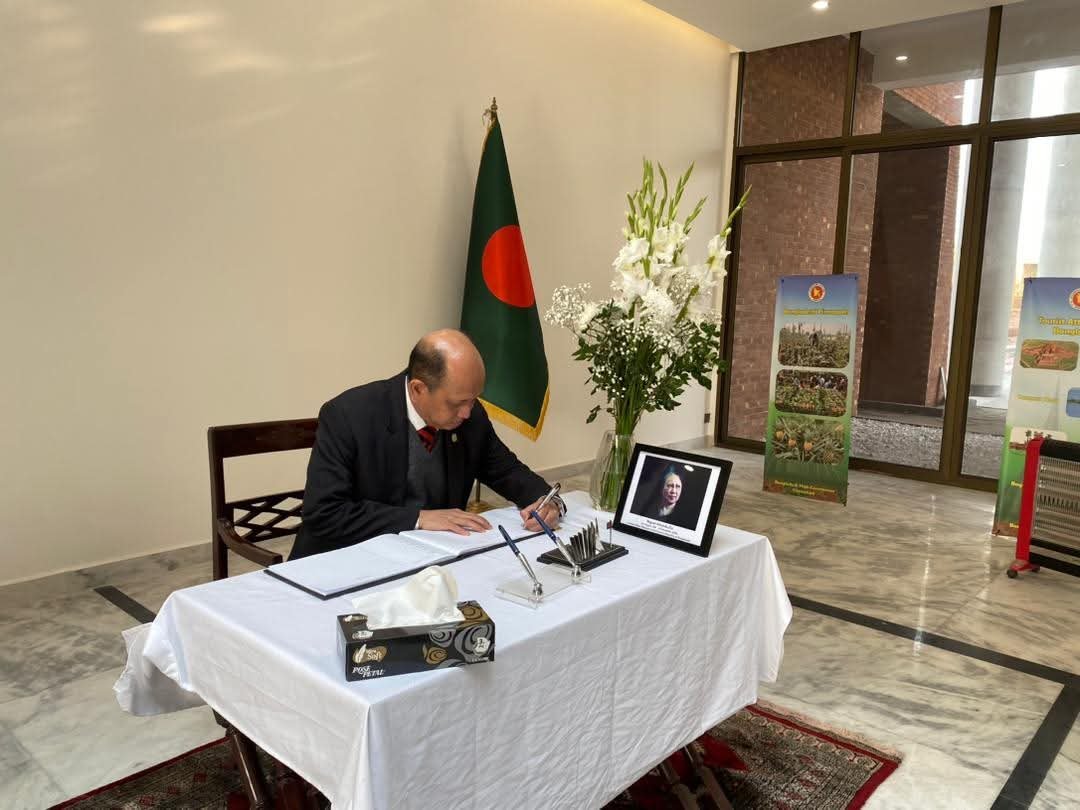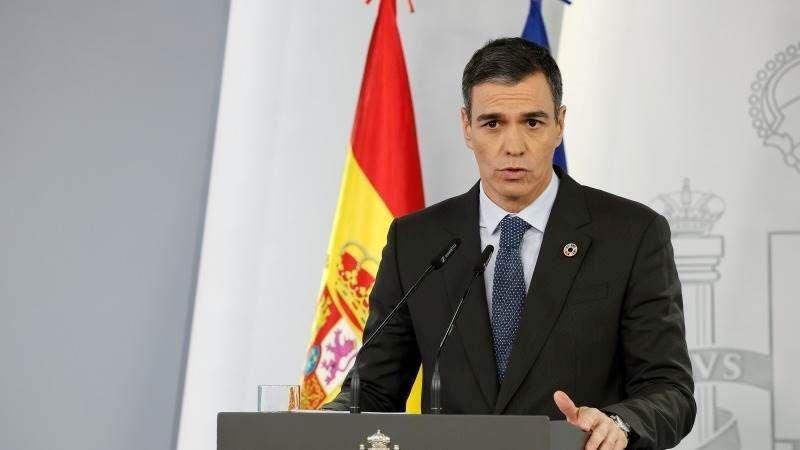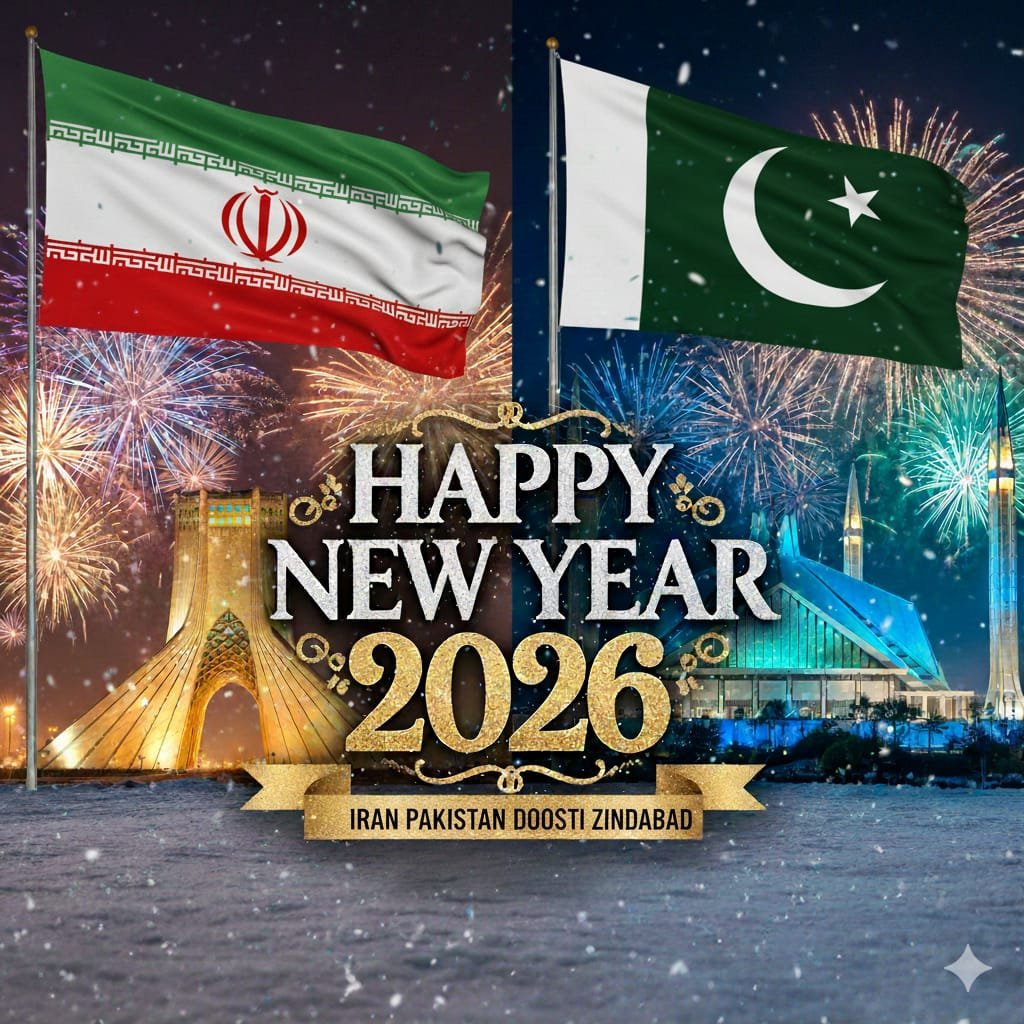The historic meeting between President Asif Ali Zardari and President Xi Jinping at the Great Hall of the People in Beijing on February 5, 2025, marks another milestone in the enduring Pakistan-China friendship. As two all-weather strategic partners, their discussions underscored the unwavering commitment to deepening bilateral cooperation, advancing CPEC Phase 2, and further strengthening the China-Pakistan Community of Shared Future in the New Era.
During the meeting, both leaders reaffirmed their mutual support on issues of core interest, emphasizing that Pakistan and China will continue to stand by each other in global and regional matters. President Zardari commended China’s remarkable progress and development, highlighting it as a testament to the visionary leadership of President Xi Jinping and the resilience of the Chinese people. He acknowledged China’s transformative role in global economic growth, particularly through the Belt and Road Initiative (BRI), which has become a model for international cooperation and sustainable development. The China-Pakistan Economic Corridor (CPEC), a flagship project under BRI, was lauded as a shining example of win-win cooperation, offering unprecedented opportunities for economic integration, industrialization, and regional connectivity.
The discussions between the two leaders also revolved around the high-quality development of CPEC Phase 2, which aims to move beyond infrastructure and focus on industrial relocation, technology transfer, clean energy, and socio-economic progress. Recognizing CPEC’s role as a catalyst for regional prosperity, they explored ways to further enhance Pakistan’s industrial capacity by integrating it with Chinese supply chains and global markets. The expansion of Special Economic Zones (SEZs), joint ventures in advanced manufacturing, and cooperation in cutting-edge technologies were key areas identified for accelerated growth. This partnership aligns perfectly with China’s vision of an inclusive and interconnected global economy, where innovation, green development, and digitalization play pivotal roles.
A major highlight of the visit was the signing of multiple MoUs in science & technology, media collaboration, clean energy, and socio-economic development, reinforcing the commitment to future-oriented cooperation. These agreements will promote research and innovation, facilitate greater knowledge exchange between Pakistani and Chinese institutions, and ensure that Pakistan benefits from China’s expertise in artificial intelligence, 5G, fintech, and smart agriculture. The digital transformation of Pakistan, particularly through its inclusion in China’s Digital Silk Road, will enable it to harness emerging technologies, boost exports, and create new economic opportunities for its youth. Recognizing the growing climate challenges, both leaders emphasized the need for a stronger green partnership between Pakistan and China. The two countries have already collaborated on solar, wind, and hydropower projects, but there is a growing need to scale up investments in electric vehicle (EV) infrastructure, climate-smart agriculture, and sustainable urban planning. With China’s leadership in renewable energy and carbon-neutral technologies, Pakistan can transition towards a cleaner, more resilient economy, ensuring environmental sustainability while accelerating industrialization.
Beyond economic collaboration, people-to-people exchanges remain a cornerstone of Pakistan-China ties. President Xi and President Zardari reaffirmed their commitment to enhancing academic exchanges, cultural tourism, and media cooperation to foster deeper understanding between the peoples of both nations. Thousands of Pakistani students continue to pursue higher education in China, strengthening the foundation for a long-term, knowledge-based partnership. By encouraging cultural diplomacy, youth engagement, and language programs, both countries aim to build stronger societal linkages that complement their diplomatic and economic ties.
The warm reception given to President Zardari, including a state banquet hosted by President Xi Jinping and a guard of honor upon arrival, reflects the deep respect and special bond between Pakistan and China. The symbolic gesture of children welcoming the Pakistani delegation highlights the generational continuity of this friendship, reinforcing the idea that Pakistan-China ties are not just state-to-state, but people-to-people.
As President Zardari extended an invitation to President Xi Jinping to visit Pakistan, the future of this iron brotherhood appears stronger than ever. This visit reaffirms that Pakistan and China are not just strategic allies, but partners in progress, innovation, and sustainable development. As both nations embark on a new era of collaboration, the vision of a shared future—rooted in mutual trust, economic cooperation, and cultural solidarity—will continue to guide their relationship for generations to come.

Mr. Qaiser Nawab, a global peace activist, is a distinguished international expert specializing in the Belt and Road Initiative (BRI), Afghanistan, Central Asia and founder of the Belt and Road Initiative for Sustainable Development (BRISD), a newly established global think-tank headquartered in Islamabad, in conjunction with the one-decade celebration of BRI.
Mr. Qaiser Nawab, a global peace activist, is a distinguished international expert specializing in the Belt and Road Initiative (BRI), Afghanistan, Central Asia and founder of the Belt and Road Initiative for Sustainable Development (BRISD), a newly established global think-tank headquartered in Islamabad, in conjunction with the one-decade celebration of BRI.

